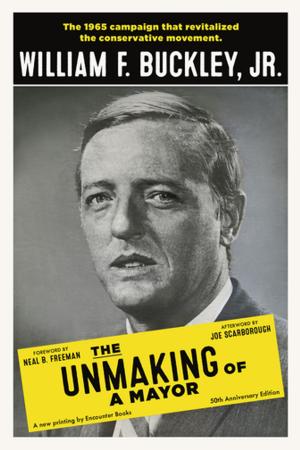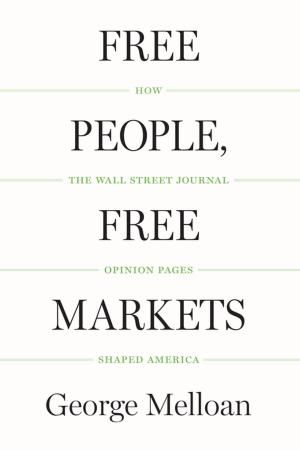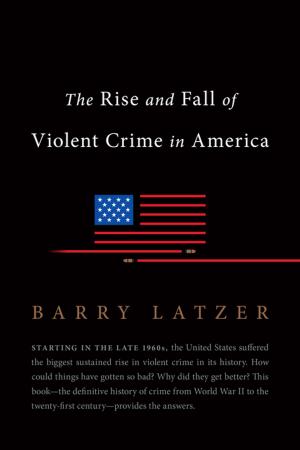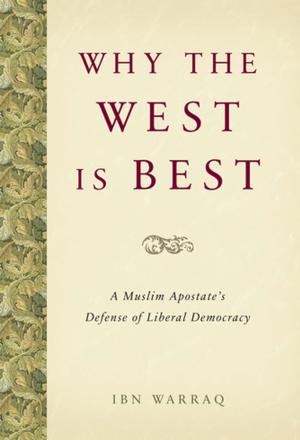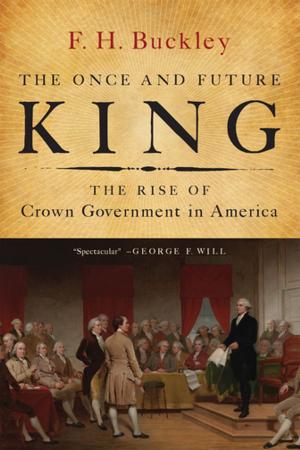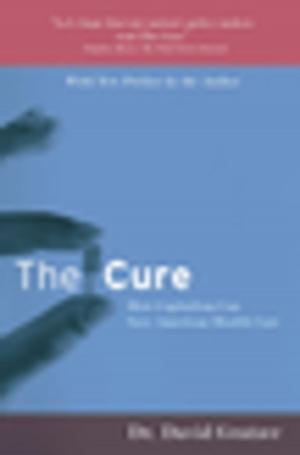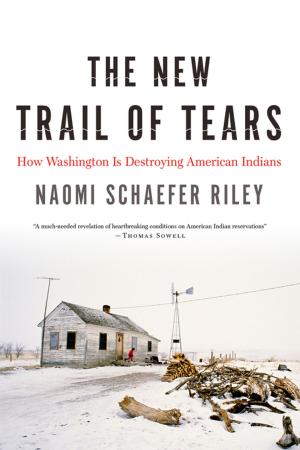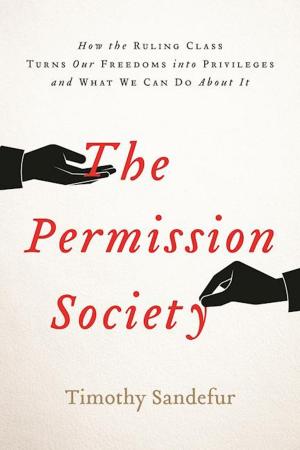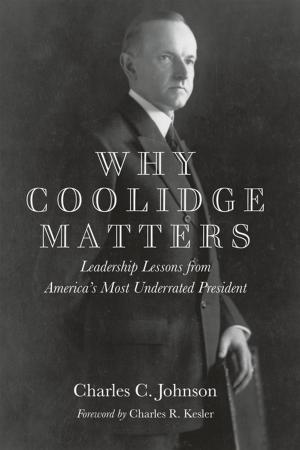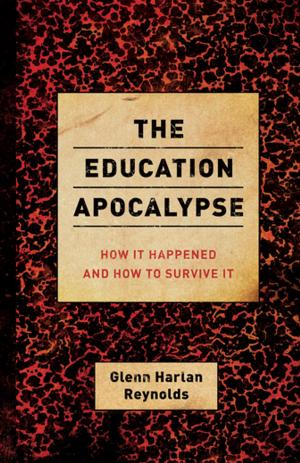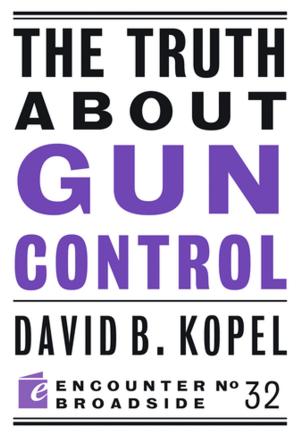Neither Beast Nor God
The Dignity of the Human Person
Nonfiction, Science & Nature, Science, Other Sciences, Philosophy & Social Aspects, Religion & Spirituality, Philosophy, Ethics & Moral Philosophy| Author: | Gilbert Meilaender | ISBN: | 9781594034404 |
| Publisher: | Encounter Books | Publication: | October 18, 2009 |
| Imprint: | Encounter Books | Language: | English |
| Author: | Gilbert Meilaender |
| ISBN: | 9781594034404 |
| Publisher: | Encounter Books |
| Publication: | October 18, 2009 |
| Imprint: | Encounter Books |
| Language: | English |
Appeals to “human dignity” are at the core of many of the most contentious social and political issues of our time. But these appeals suggest different and at times even contradictory ways of understanding the term. Is dignity something we all share equally, and therefore the reason we all ought to be treated as equals? Or is it what distinguishes some greater and more admirable human beings from the rest? What notion of human dignity should inform our private judgments and our public life?
In Neither Beast Nor God, Gilbert Meilaender elaborates the philosophical, social, theological, and political implications of the question of dignity, and suggests a path through the thicket. Meilaender, a noted theologian and a prominent voice in America’s bioethics debates, traces the ways in which notions of dignity shape societies, families, and individual lives, and incisively cuts through some common confusions that cloud our thinking on key moral and ethical questions. The dignity of humanity and the dignity of the person, he argues, are distinct but deeply connected—and only by grasping them both can we find our way to a meaningful understanding of the human condition.
In Neither Beast Nor God, Gilbert Meilaender elaborates the philosophical, social, theological, and political implications of the question of dignity, and suggests a path through the thicket. Meilaender, a noted theologian and a prominent voice in America’s bioethics debates, traces the ways in which notions of dignity shape societies, families, and individual lives, and incisively cuts through some common confusions that cloud our thinking on key moral and ethical questions. The dignity of humanity and the dignity of the person, he argues, are distinct but deeply connected—and only by grasping them both can we find our way to a meaningful understanding of the human condition.
Appeals to “human dignity” are at the core of many of the most contentious social and political issues of our time. But these appeals suggest different and at times even contradictory ways of understanding the term. Is dignity something we all share equally, and therefore the reason we all ought to be treated as equals? Or is it what distinguishes some greater and more admirable human beings from the rest? What notion of human dignity should inform our private judgments and our public life?
In Neither Beast Nor God, Gilbert Meilaender elaborates the philosophical, social, theological, and political implications of the question of dignity, and suggests a path through the thicket. Meilaender, a noted theologian and a prominent voice in America’s bioethics debates, traces the ways in which notions of dignity shape societies, families, and individual lives, and incisively cuts through some common confusions that cloud our thinking on key moral and ethical questions. The dignity of humanity and the dignity of the person, he argues, are distinct but deeply connected—and only by grasping them both can we find our way to a meaningful understanding of the human condition.
In Neither Beast Nor God, Gilbert Meilaender elaborates the philosophical, social, theological, and political implications of the question of dignity, and suggests a path through the thicket. Meilaender, a noted theologian and a prominent voice in America’s bioethics debates, traces the ways in which notions of dignity shape societies, families, and individual lives, and incisively cuts through some common confusions that cloud our thinking on key moral and ethical questions. The dignity of humanity and the dignity of the person, he argues, are distinct but deeply connected—and only by grasping them both can we find our way to a meaningful understanding of the human condition.

